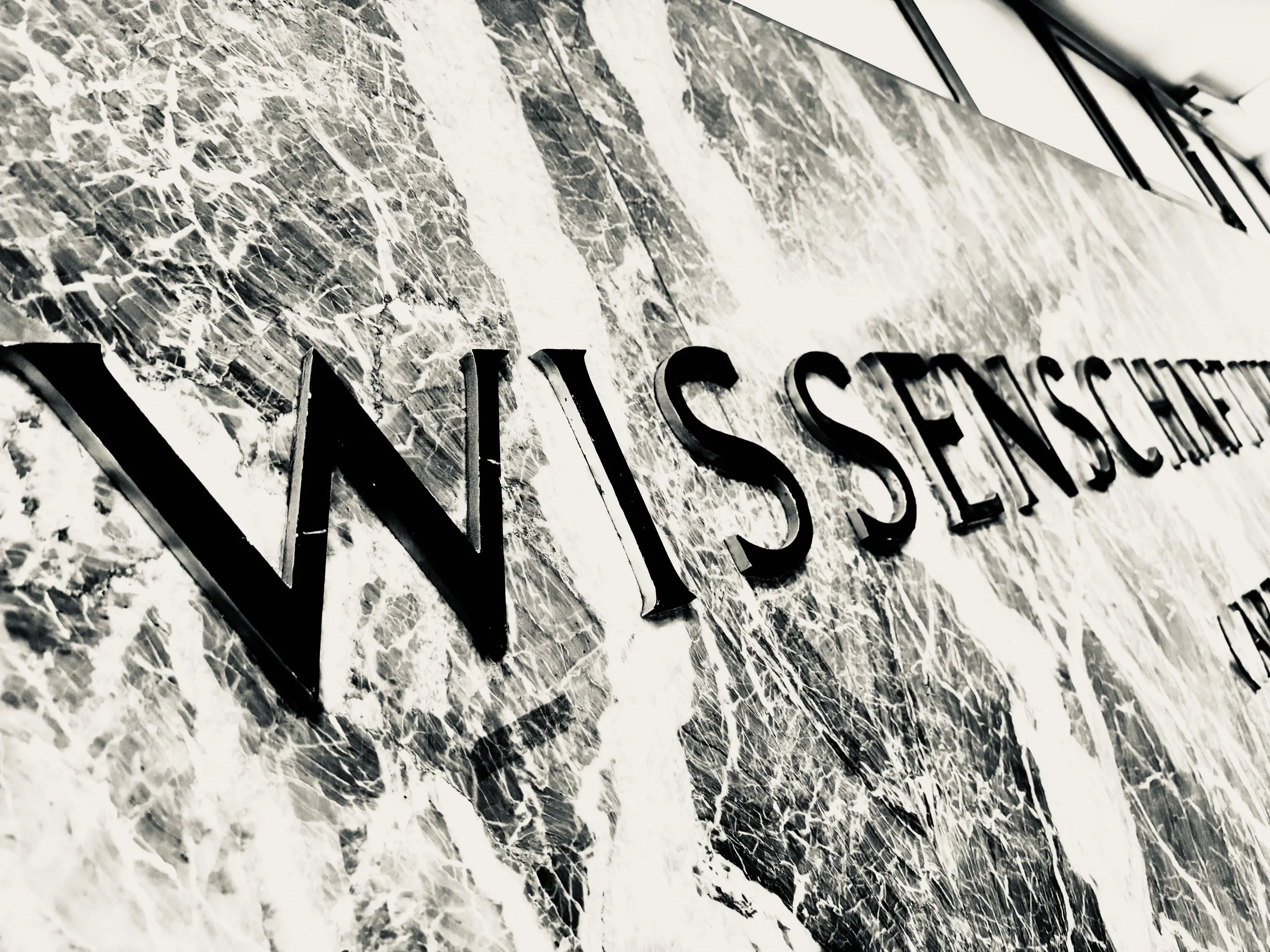Daseinsanalytische Vorträge & Tagungen
Online Conference: Daseinsanalysis in Scientific Discours
How can Daseinsanalysis engage in scientific discourse—without compromising its ontological foundations, and while actively contributing to interdisciplinary knowledge?
The task is not to invent a new science, but to learn the languages of existing ones—by engaging their frameworks, understanding their assumptions, and interpreting them in light of Daseinsanalysis. This requires scholarly training, conceptual clarity, and the willingness to enter scientific arenas with both openness and rigor.
Importantly, Daseinsanalysis was never anti-scientific. Neither Ludwig Binswanger, nor Medard Boss nor Martin Heidegger rejected science as such. Rather, they sought to question the unexamined assumptions of modern science—especially the reduction of the human being to objectivity, causality, and measurability. Heidegger was not an enemy of science but a critic of the prevailing, unreflected concept of it. He demanded that science become aware of its own ontological presuppositions. Boss, in turn, was a trained physician, analytically educated, and a university lecturer. He upheld high standards of professional and methodological seriousness. But for him, it was clear: science in the form of natural science alone is not sufficient to do justice to the human being.
(bereits stattgefunden) Festtagung anlässlich des 95. Geburtstags unseres Mitgründers Karl Augustinus Wucherer-Huldenfeld
Der Philosoph und Theologe Karl Augustinus Wucherer-Huldenfeld feierte am 4.7.24 im Kreise zahlreicher Weggefährt:innen seinen 95. Geburtstag. Zu diesem Anlass veranstaltete das Daseinsanalytische Institut eine Festtagung mit Beiträgen von:
Johannes Kaup, Günter Pölten, Markus Riedenauer, Charlotte Aigner, Žiga Jereb, Stephan Dietrich, Reinhold Esterbauer und Karl Baier
unter musikalischer Begleitung von Lukas Lauermann.


